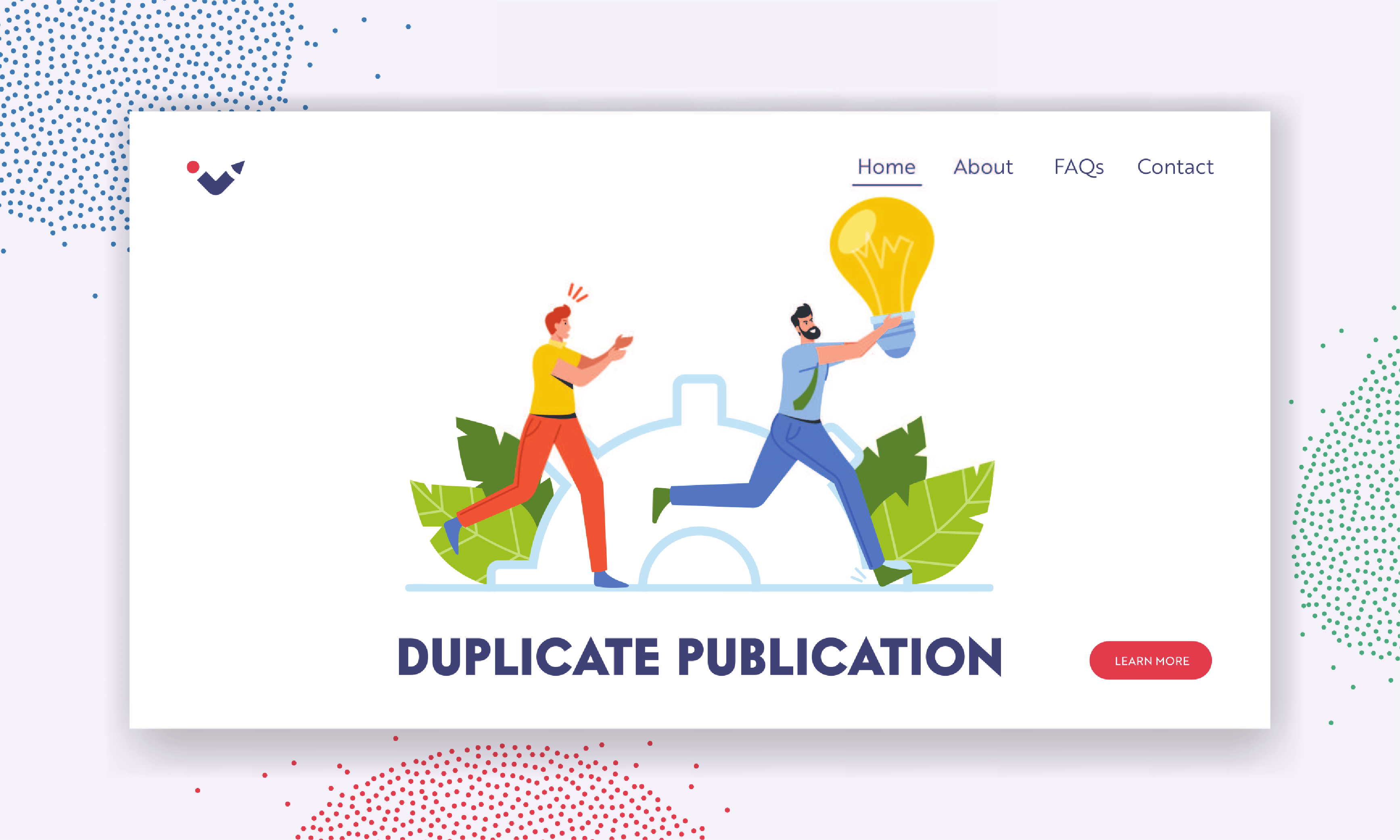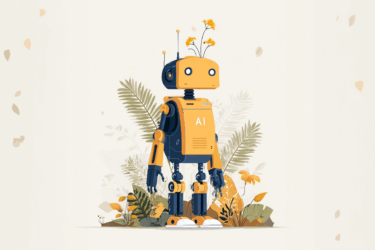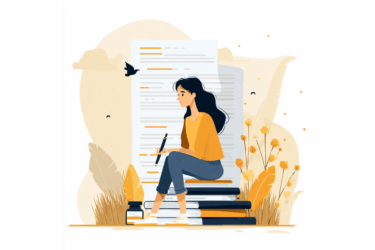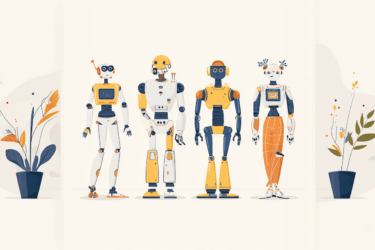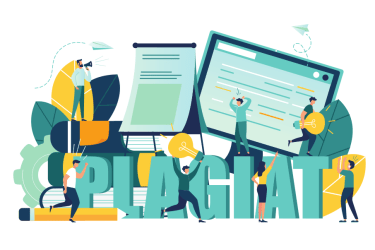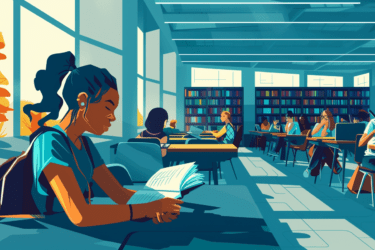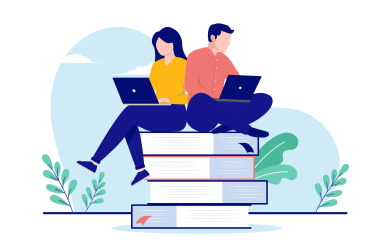Intentional or unintentional, plagiarism is intellectual theft. Hence, it is considered a serious offense in the academic and creative communities, entailing legal and reputational consequences. But how can theft be unintentional, you may ask? Let us dig deeper into the concept of plagiarism and the different types of plagiarism we encounter.
What is plagiarism
The most vivid example of plagiarism is verbatim copying, when a person takes someone’s text partly or entirely and submits it as their own. However, there are less apparent shades of plagiarism, which still violate publication ethics.
1 Inaccurate citation and attribution is a common problem in academic circles. Some students do not even realize that they significantly violate the rules by being unattentive to referencing their sources. Meanwhile, referencing incorrect or even non-existing resources, inaccurate authorship, or citing primary sources contained in the secondary source instead of addressing the original are all variations of plagiarism.
2 Self-plagiarism occurs when the person repeats their own ideas previously published or submitted as part of another assignment. Replication, which is submitting the same piece of writing to different publishers, is also a form of plagiarism.
3 Poor paraphrasing is another widespread type of plagiarism. Obviously, research papers can be based on some sources. However, there is a huge difference between making original conclusions from someone’s ideas and rewriting the text composed by another person.
How to check plagiarism
As we see, even composing the paper from scratch, we can get into a plagiarism trap. A plagiarism checker comes in handy to avoid unintentional copying and check writing for uniqueness. Tools like PlagiarismCheck.org can help to:
- highlight parts of the text that need improvement;
- provide links to the sources where the alleged plagiarism has been detected;
- create a comprehensive downloadable report for each paper;
- assist with proper citation;
- analyze texts on Canvas, Moodle, Google Docs, and other platforms;
- compare the submitted document to the previous works.
Using a plagiarism detector is an essential effort to stay on the safe side. Students check the paper to polish it before submitting the assignment. Professors guard academic integrity and improve the quality of education. Content creators get an inspiration boost by amplifying the authenticity of their voice and ensuring authorship protection.
Here are some other ways to enhance your writing and promote original thinking.
Tips and tricks on how to avoid plagiarism
1 Independent thinking first. Before composing your paper, first reflect on the subject you are going to write about. What is your opinion of it? What points seem controversial so you can cover different sides of the problem? What precedes the situation, and what are the potential outcomes of the suggested solutions? Can you add any examples from your experience to enhance the idea you want to present? This way, you can come to your original writing even if you consult some resources as a starting point.
2 Develop your authentic writing style. This thesis is close to the previous one but relates more to how you write than what you express. Do not mimic someone’s voice to sound convincing – reflect your beliefs, experience, and way of thinking. Of course, you should mind the appropriate writing style not to be too informal or, on the contrary, extremely academic. However, we encourage you to discover the part of your personality that can stay original in any environment.
3 Ensure accurate citation. Naturally, assignments and research papers can be based on some respectful sources. Make sure you make clear you are referencing someone’s ideas and attribute them correctly – tools like PlagiarismCheck.org can help with easy citation according to different styles. Also, mind the proportion of borrowing – if a quote makes up half of your paper, it is still considered plagiarism, even with accurate credit.
4 Proofread and consult others. If the deadline allows, leave the paper after you have completed the writing and reread it in a few days. This approach enables you to find a new angle and polish your text. You can ask a friend to read your paper and give your feedback. Ideally, edit your text with the help of a plagiarism checker. This way, you will see the parts that need improvement and develop your ideas if your writing lacks originality.
What are the consequences of plagiarism
If you wonder why we dedicate the whole article to discussing “what is plagiarism”, we will say even more – some educational institutions introduce entire courses devoted to writing ethics. This issue is burning, as the effects of plagiarism can be devastating.
What are the consequences of plagiarism?
1 In business, plagiarism entails legal consequences. An author has a right to sue a plagiarist, so the intellectual property thief risks significant reputational and money losses.
2 In academy, plagiarism is considered one of the most serious violations of norms. At the very least, unveiled copying leads to declined assignments and poor grades. Furthermore, detected plagiarism breaks the trust between students and teachers, affects the reputation of the plagiariser and the whole educational institution, and may cause doctorate revocation even years after graduation.
3 In creative circles and work, plagiarism discretizes the writer, ruins reputation, and has legal outcomes.
4 Most importantly, copying harms, first of all, the plagiariser. It steals the chance to express themselves, to process the new material, and to develop critical thinking and writing skills. Plagiarism puts at risk all the hard work we do daily and all the beautiful fruitage it can bring.
Avoiding plagiarism is more than just editing the text and getting good grades. It is about staying true to the core values, finding your authentic voice, protecting honesty, and building trusting relationships within the community.
PlagiarismCheck.org is happy to help you with all this – and beyond!
Educators, students, and content creators choose us to enhance their writing, stay on the safe side, and develop the mindset instead of meticulous comparison of the sources. Focus on your goals, and we will ensure the way to achieve them is truly yours!
